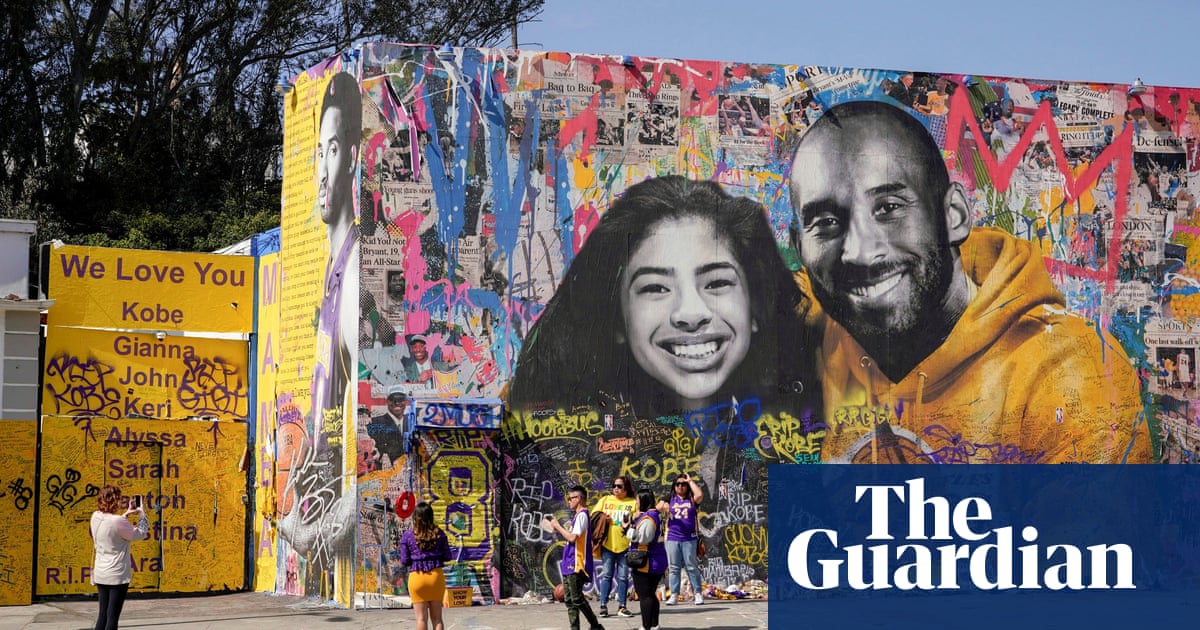Cancer-related fatigue and depression found to limit recreational activities in survivors

Cancer survivors who reported feeling cancer-related fatigue or depression reduced their recreational activities nearly twofold, with females more likely than males to report feeling either cancer-related fatigue or depression, according to a retrospective study presented at the American Association for Cancer Research (AACR) Annual Meeting 2025, held April 25-30. Cancer-related fatigue affects more than 80% of patients who receive chemotherapy or radiation therapy, while depression affects around 25% of cancer patients. Unlike typical fatigue, cancer-related fatigue doesn't go away with rest and can persist for weeks, months, or even years, explained Simo Du, MD, MHS, a resident at NYC Health + Hospitals/Jacobi and Albert Einstein College of Medicine. "During my residency, I saw a lot of cancer patients both in the clinic and inpatient settings, and cancer-related fatigue was one of the most frequent complaints they brought up," said Du, who presented the study. "It impacts not just their daily activities but also their overall quality of life and mental health, making tasks like climbing stairs, doing groceries, or laundry overwhelming." Previous studies have found that cancer-related fatigue can affect men and women differently, but Du and her colleagues wanted to better understand these differences and examine how they impact quality of life. They analyzed data from the 2015-2016 and 2017-2020 cycles of the National Health and Nutrition Examination Survey (NHANES), which annually collects information about the health and diet of adults and children in the United States, including a section on depression and anxiety. Responses from 1,555 cancer survivors were included in their analysis, which are representative of 25 million cancer survivors across the United States based on the sampling methodology used. The sampling model also adjusted for age, race, socioeconomic status, and comorbidities. The ability of cancer survivors to perform either work-related or recreational activities were used as surrogates for quality of life. Female cancer survivors were 69% more likely to experience cancer-related fatigue and 58% more likely to experience depression compared to male survivors. While women scored higher across most depression metrics, men scored higher on one item: "having thoughts that they would be better off dead," which Du said could highlight a potential increased suicide risk in male cancer survivors. Du explained that the reasons behind these differences are likely multifactorial. For example, women have been found to be more likely to experience side effects from chemotherapy, radiation, and the long-term use of endocrine treatments. This could be due to slower drug clearance in their bodies leading to higher concentrations and more toxicity, a stronger immune response that may heighten inflammatory side effects, and differences in body composition that may affect drug distribution and radiation dosimetry. Social roles could also play a role as women may take on greater caregiving responsibilities that could influence the development and experience of cancer-related fatigue. Among all cancer survivors, those who reported cancer-related fatigue were 86% more likely to reduce their amount of moderate recreational activities such as brisk walking, leisurely bicycling, golfing, and light gardening or yard work. Those who reported feeling depressed were 65% more likely to reduce both moderate recreational activities as well as vigorous activities such as jogging or running, cross-country skiing, hiking steep terrain, and intensive yard work. Neither depression nor cancer-related fatigue significantly impacted work-related activities. Our findings highlight the importance of providing special attention and tailored interventions such as exercise programs, support groups, and mind-body behavioral techniques for vulnerable groups to help effectively manage fatigue and improve participation in recreational activities as they are an essential aspect of quality of life." Simo Du, MD, MHS, resident at NYC Health + Hospitals/Jacobi and Albert Einstein College of Medicine Du and her colleagues are planning future studies that will evaluate the effectiveness of tailored interventions on improving cancer-related fatigue, explore the connection between cancer-related fatigue and different mechanisms such as inflammatory markers to see if gender modifies the association, and investigate these factors longitudinally across more datasets. A limitation of the study is the use of self-reported data, and the fact that women could potentially overreport fatigue symptoms and men could potentially underreport symptoms of depression. Du noted, however, that the NHANES employs standardized protocols designed to minimize such biases.


















